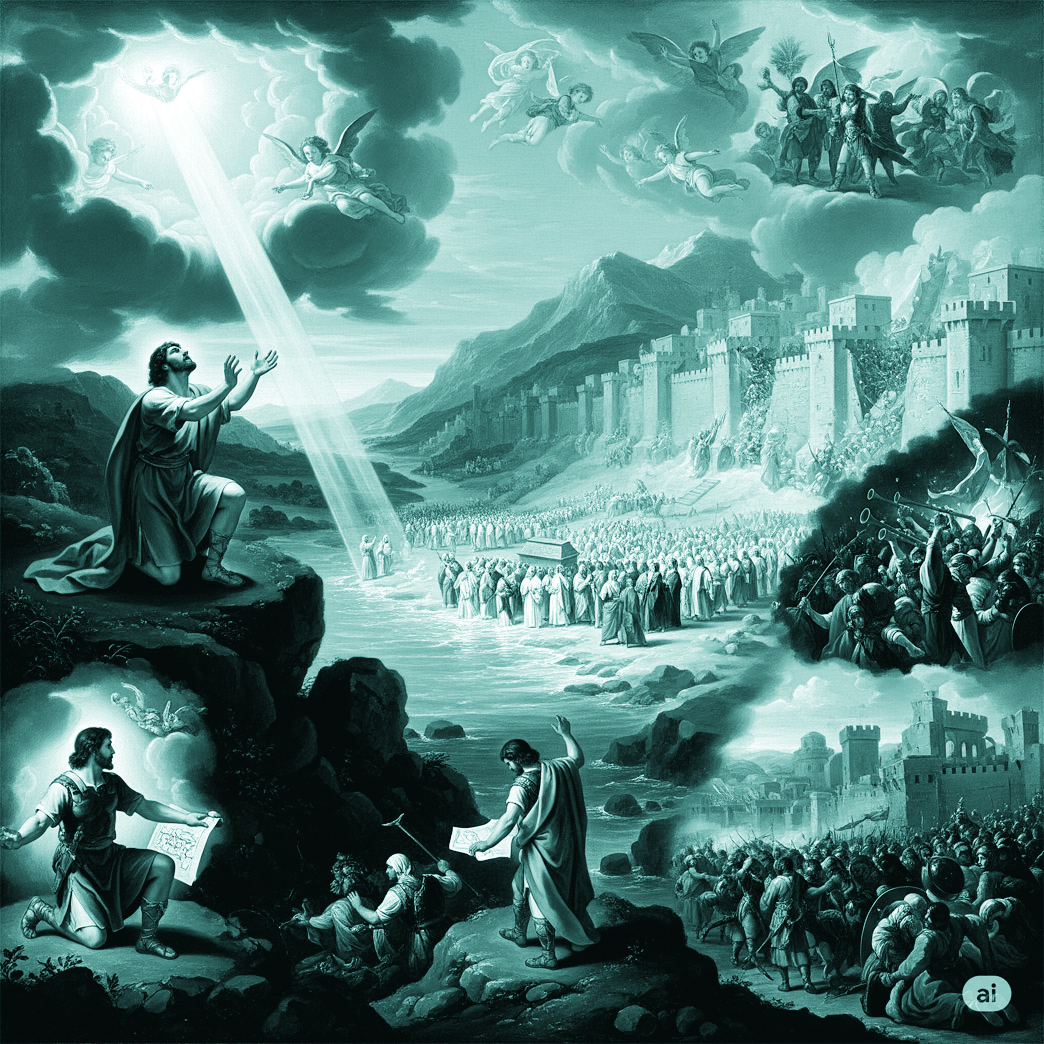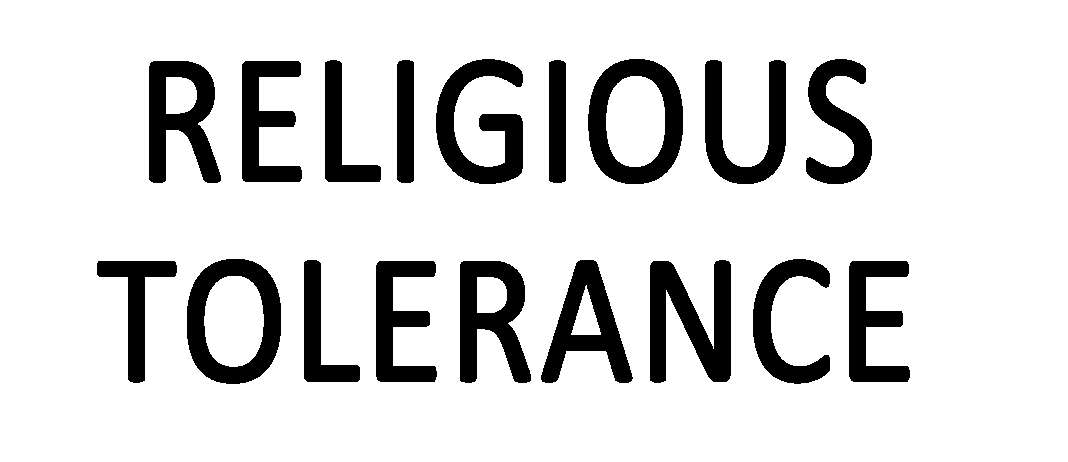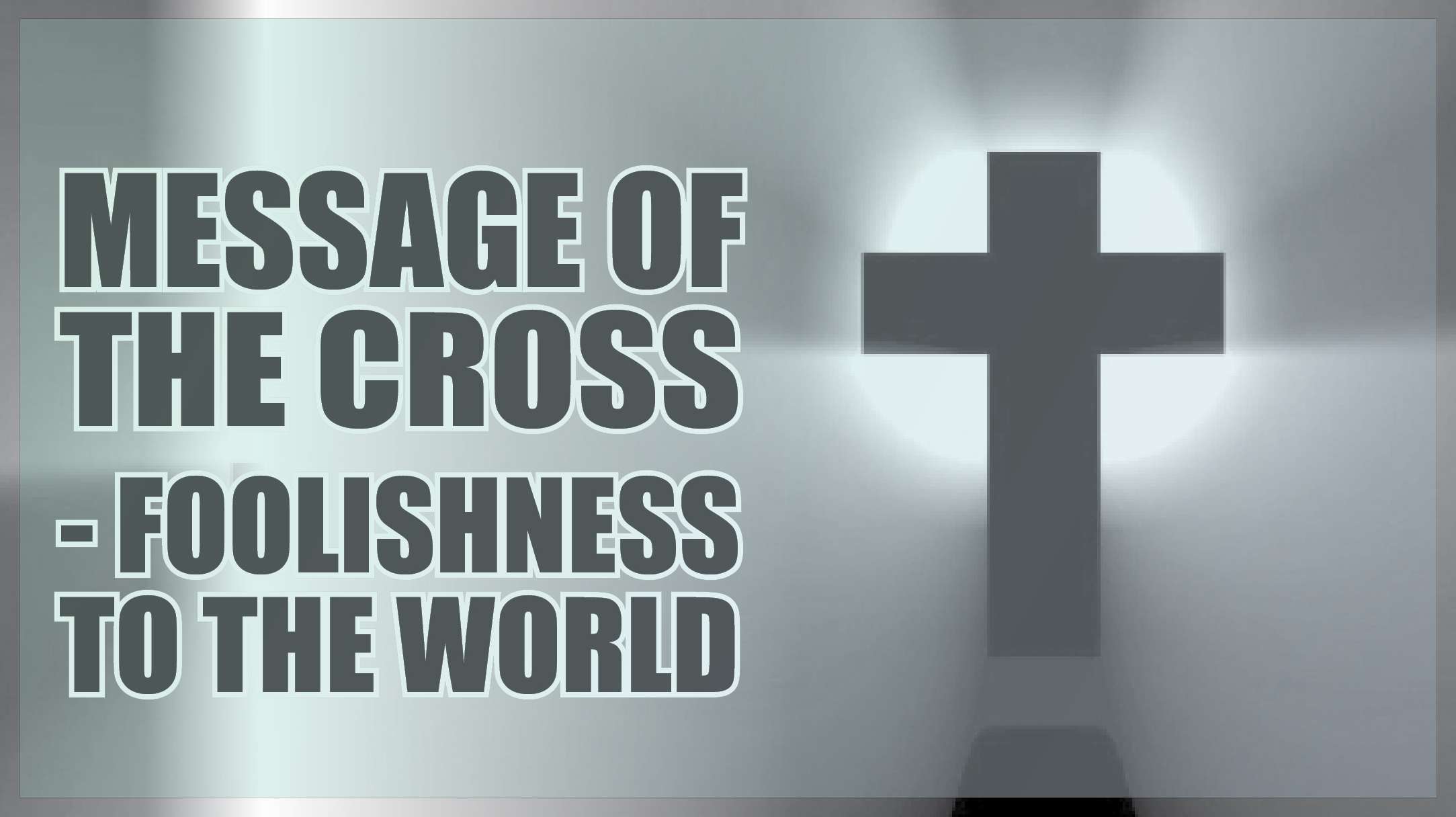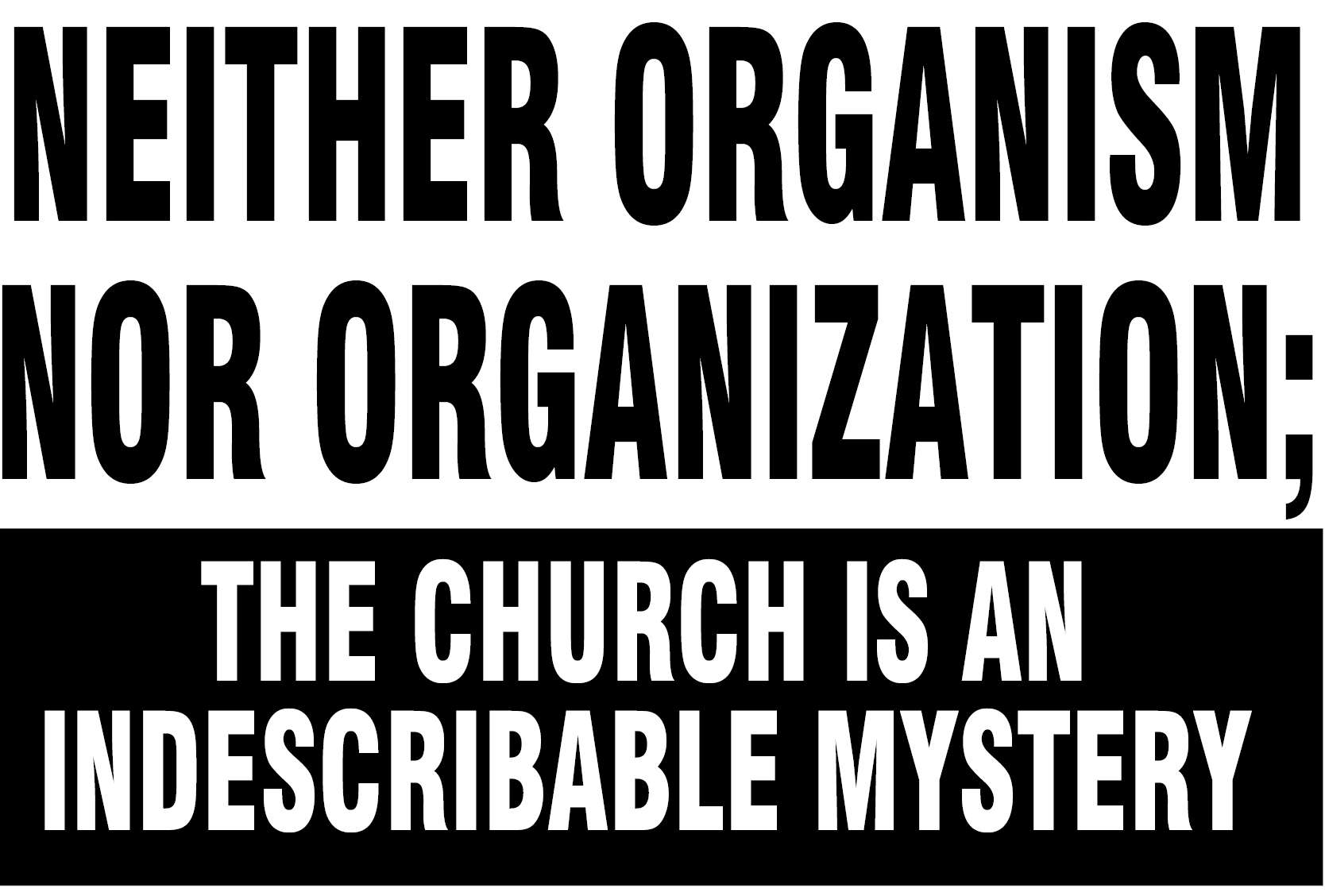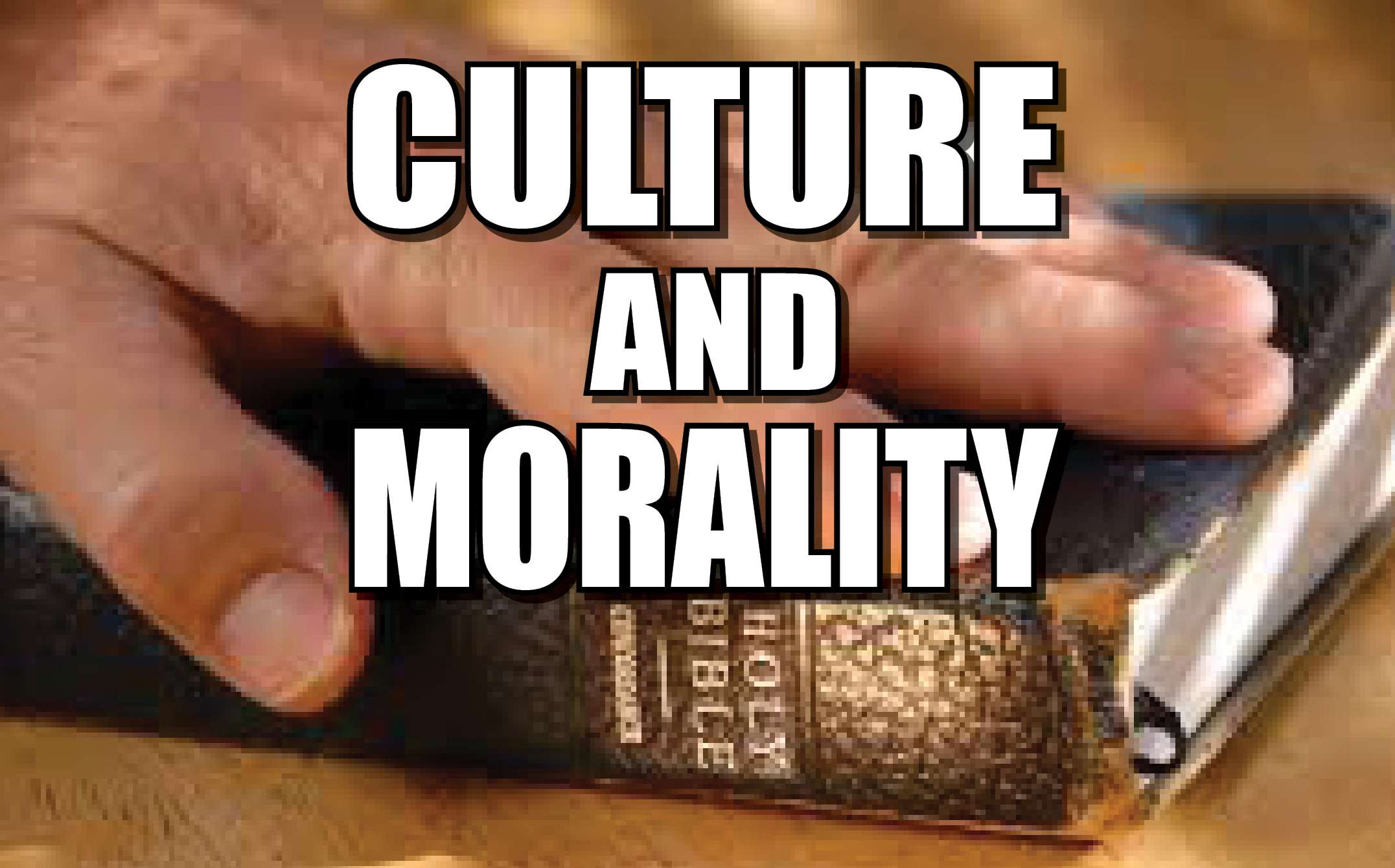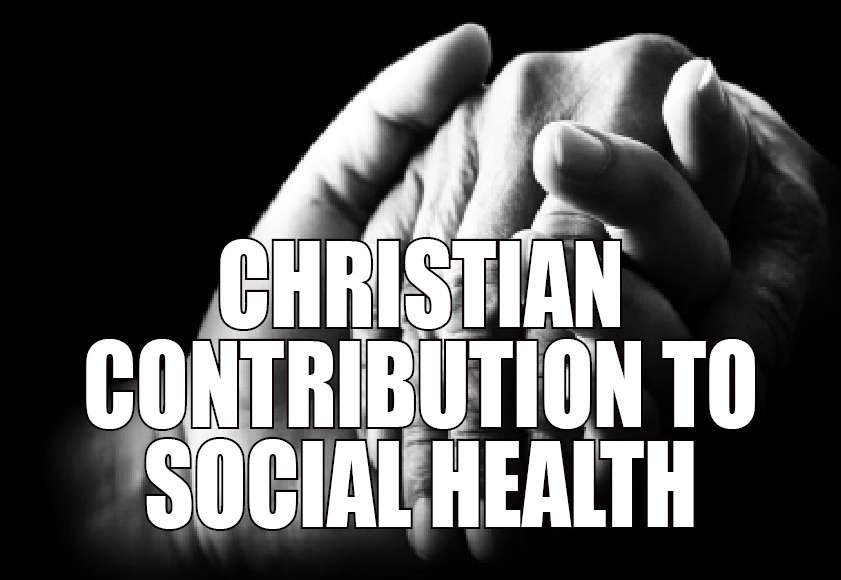

Christian Contribution to Social Health
Dr. J. N. Manokaran
Social harmony, peace and economic sufficiency is the desire of all human beings. All the governments wish to assure of this to all its citizens. United Nations envisions to reach this utopia or ideal. However, all these human aspirations seems to be a mirage. Generation after generation have continued this pursuit using a variety of methods and ideology without any meaningful or substantial progress.
Security and prosperity
1. Historical reality
King Solomon was one of the prosperous kings and had peace during his reign. His rule was described as: “And Judah and Israel lived in safety, from Dan even to Beersheba, every man under his vine and under his fig tree, all the days of Solomon.” (I Kings 4:25)
2. Prophetic future
Lord has promised safety and security in the future. “He shall judge between many peoples, and shall decide disputes for strong nations far away; and they shall beat their swords into plowshares, and their spears into pruning hooks; nation shall not lift up sword against nation, neither shall they learn war anymore; but they shall sit every man under his vine and under his fig tree, and no one shall make them afraid, for the mouth of the LORD of hosts has spoken.” (Micah 4:3,4)
The prosperity allows the blessed and chosen people to invite others to share the joy with them. “In that day, declares the LORD of hosts, every one of you will invite his neighbor to come under his vine and under his fig tree.” (Zachariah 3:10)
Impediment
Impediment means hindrance or obstruction. The hindrance for social harmony or social health is not taken into serious consideration by the world, including governments. They try to reframe education, systems, structures, and laws. However, these well intended measures do not give desired results. Instead of trying to understand the root cause, the world tries cosmetic surgery or superficial solutions with no real lasting impact or progress. The Bible provides the light to the root cause of the problem.
Fall of Man
The root cause of social disharmony, hatred, confusion, misunderstanding and violence is Sin, as described in the Fall of the first human couple. (Genesis 3: 1-24) Disobedience to God’s commandment and rebellion against God’s will produced sinful nature by losing the glory of God. (Romans 3:23)
Sin creates social distance
Sin created division and distance between husband Adam and wife Eve. Adam blamed Eve for the disobedience, while Eve blamed the serpent. The lack of peace in family life spills over to their children. Siblings Cain and Abel could not live in harmony. Envy, bitterness, violence and murder was the cancer that killed Cain spiritually and morally, that resulted in first physical murder in human history. (Genesis 4) Later, sin multiplied and God regretted for creating human and grieved about their all evil intentions. (Genesis 6:5-7)
Law of the Lord
Through Moses Lord gave the Law that included the Ten Commandments. By following the Law, human behavior could please God and enjoy peace with one another. The Law provided the commandments, rules, regulations, norms, principles and precepts to lead harmonious life in relation with God and with others.
Relational life
Lord Jesus Christ summarized the whole Law and Prophets into two Great Commandments: ‘You shall love your neighbor as yourself.’ Jesus answered, “The most important is, ‘Hear, O Israel: The Lord our God, the Lord is one. And you shall love the Lord your God with all your heart and with all your soul and with all your mind and with all your strength.’ The second is this: ‘You shall love your neighbor as yourself.’ There is no other commandment greater than these.” (Mark 12:29-31)
Stranger or neighbor?
A rich young man came to Lord to receive eternal life. In the conversation Lord told him the parable which is termed as Good Samaritan. (Luke 10:25-37) The victim of highway robbery was dying on the road. A probable neighbor, a religious leader and priest ignored the presence of the man who was in danger of dying without medical attention. Another potential neighbor, a Levite also passed by other side without extending help. However, the Samaritan stranger, a socially and spiritually marginalized stranger came to help this dying man. The Great Samaritan, could be more appropriate term because his love that transcended nation, religion, ethnicity, language, region and class. Lovingly, he took risk of being attacked by the same robbers and also gladly extended, physical, emotional and financial help that saved the half-dead man. In fact, this parable teaches that any human being is a neighbor who ought to be loved and served. In other words, there are no strangers in the world, all humans are neighbours.
Sin breeds selfishness
Social health is not possible because of awkward selfishness of human beings. Sinful persons are insecure and do not have hope about future. Hence, such people like to grab, hoard and trust their future depends on the things they accumulate. Such accumulation happens in the midst of fierce competition. Alas, competitions could be violent and murderous. Selfishness does not allow a person to be generous. Hence, the employers do not desire to provide reasonable and just remuneration and rewards. Employees like to cheat their employers by underperforming and wasting time. Such selfish activities brings strife, divisions, hatred and even violence in the community.
Sin celebrates falsehood
Sin is opposed to truth. Satan sowed the seed of doubt and supplanted the truth of God with lie. Satan is known as ‘Father of lies’. (John 8:44) Human nature has the risk of accepting counterfeit rather than truth. Not only that, sin even celebrates falsehood. Today, society is termed as post-truth society. In the postmodern philosophy, there is no absolute truth. Hence, truth is relative and depends upon the perspective of the person. That means truth is subjective and is beyond objective verification. Truth, integrity, transparency and honesty only could bring trust between humans in any society; if not, there would be falsehood, betrayals, cheating and back stabbing.
Sin is compatible with lawlessness
Sin disregards Law and sees Law as an enemy that should be opposed tooth and nail.“Everyone who makes a practice of sinning also practices lawlessness; sin is lawlessness” (I John 3:4) For example, a person parks his car right below ‘No Parking’ sign. First, the person has no regard for Law. Second, the person does not respect the implementers of Law. Third, he does not have fear about the punishment for breaking of Law. Four, he is not sensitive to other people who will be in discomfort because of this behavior. Five, he is not ashamed of his behavior, rather he is brazen. This kind of attitude breeds animosity among people.
Sin and bizarre lifestyle
Sinful humanity has devised their own selfish way of life. There are many, of which few are examined. Fatalism is a worldview that does not give hope. This worldview accepts things as they are. Hence, these people do not get involved in the world to make it a better place. Even, they accept oppression and manipulation without resistance. These people cannot develop social health.
The second worldview is Hedonism. These people love to have excessive luxury and comfort. Instead of being compassionate towards poor, they enjoy when others suffer. Life Nero of Rome, they play fiddle while the city is on fire.
The third worldview is materialism and consumerism. These people think that they live in the world to enjoy life. For them life has no purpose except to enjoy in fullness. Without concern for the under privileged, they keep multiplying their luxury and also the gadgets.
Practical Challenge of loving neighbors
Social health is determined by relationships in the society. As disciples of Lord Jesus Christ we can initiate the process by proactive engagement in the society. Here are some examples and tips.
Moral excellence: True spirituality is evidenced by high moral values. While the world always things in terms of vengeance, revenge and retribution; Christians practice kindness, forgiveness, prayer and blessings for enemies. Generally all movie plots and novels celebrate revenge rather than forgiveness. Revenge is injurious to social health while forgiveness promotes social health.
Work ethic: The disciples of Lord Jesus Christ demonstrate work ethic by working unto the Lord. Hence, they serve by loving their neighbor. A chef in the hotel loves the people who eat in that restaurant so cooks tasty delicious meals irrespective of his salary. A builder uses the best practices and materials as he loves those who will be using the building. A car mechanic does a perfect job as he loves those who would travel in the car. In this kind of work ethic, there is no underperformance or casual or haphazard work.
Public behavior: Christians ought to love their neighbor by behaving in a way that it does not irritate or frustrate or harass others. While travelling in overnight trains, some people are awake and talk loudly disturbing others sleep. There are others who speak loudly and boastfully using their mobile phones, instead of leaving the people and speak in a lonely place. It can be observed how trash is thrown around the can instead of inside in the street corners. When people leave the public toilets dirty that means they do not love the neighbor who will be using it next.
Compassion: How are the differently abled people are treated? Instead of being treated with dignity and love, they are ill-treated by normal people and are ridiculed by youngsters including children. The weak, infirm and vulnerable should be protected instead of being exploited.
Serving Attitude: Loving neighbor means to have attitude of service. Proud people are resented and ignored. People with entitlement mentality demand others to respect them. That causes divisions and strife. Humble serving attitude is pleasing to all.
Challenge of being Salt and Light
Salt and light are the metaphors that Lord Jesus Christ used to teach how his disciples will promote and protect social health. (Matthew 5: 13-16)Salt preserves the decaying food, so disciples preserve the decaying humanity and their culture. Light brings joy and hope and dispels darkness. Christians could dispel darkness of sin, strife, hatred and violence and bring peace. Social health is possible with Christian presence and penetration in any society.

